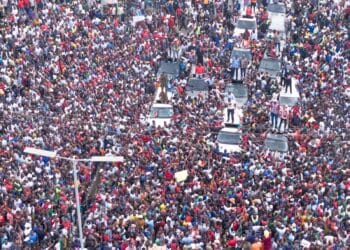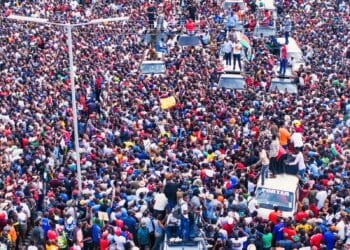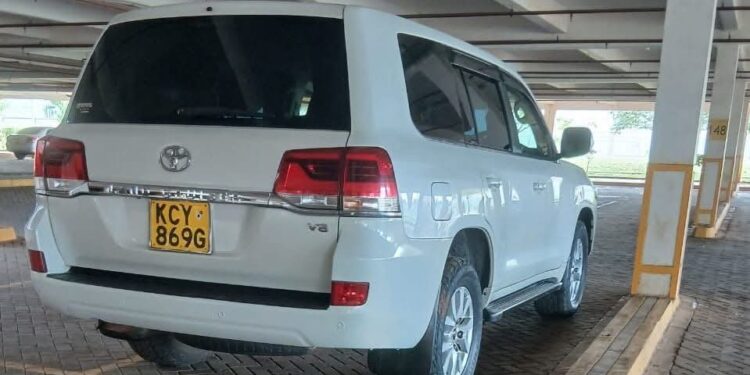The KRA tax demand tragedy unfolded Wednesday at the heart of the city’s bustling Lake Basin Mall, where respected civil engineer Hannington Juma Raburu, 48, took his life by jumping from the second floor of the Kenya Revenue Authority’s regional office, overwhelmed by a staggering KSh 300 million tax assessment that he had come to contest.
The heartbreaking scene, witnessed by shocked staff and passersby, has ignited a firestorm of grief and outrage, shining a harsh light on the human cost of aggressive tax enforcement in a nation still reeling from economic scars.
Raburu, a pillar in Kisumu’s construction scene through his firms like Gogni Construction Limited, arrived at the KRA offices around 10 AM, briefcase in hand and hope in his step.
Colleagues later recounted how he sought a simple negotiation: a repayment plan to spread the crippling debt over time.
Sources close to the matter say the demand stemmed from audits tracing back to 2020, when pandemic lockdowns hammered contractors with delayed payments from county governments.
“Hannington built bridges, schools, and roads that connect our communities,” said his long-time partner, engineer Mary Atieno, her voice breaking during a vigil outside the mall that evening.
“How does one man shoulder 300 million alone? He wasn’t a crook; he was a family man crushed by the system.”
Eyewitnesses described the moment in hushed tones over evening chai in nearby cafes. A KRA clerk, speaking anonymously for fear of reprisal, watched Raburu pace the corridor, phone pressed to his ear, pleading with unseen voices.
Then, in a blur of desperation, he vaulted the railing, plummeting to the tiled atrium below amid gasps and scattered papers.
Police cordoned off the area swiftly, their blue tape fluttering like a sombre flag, while mall shoppers diverted through side exits, murmuring prayers in Luo and Swahili.
The incident hits hard in Nyanza, where Raburu’s legacy looms large. Born in Siaya to a teacher father, he rose from polytechnic benches to helm projects like the rehabilitation of Ahero’s irrigation canals and expansions at Kisumu’s international airport.
Gogni Construction employed over 50 locals, many of them apprentices he mentored personally. “He sponsored my degree,” shared one former worker, 26-year-old mechanic Lucas Omondi, fists clenched at the impromptu memorial of flowers and hard hats piling up by the mall’s entrance.
“Tax debts shouldn’t end like this. KRA needs to listen before lives shatter.” Criticism of the agency’s tactics swelled by afternoon, with business lobbies like the Kisumu Chamber of Commerce demanding immediate probes.
He called for mandatory mental health screenings in dispute resolutions and flexible installment plans, echoing pleas from the Kenya National Chamber of Commerce and Industry’s national wing.
“We empathise with the family and are cooperating fully with investigations,” it read, a line that drew jeers from online.
“Tax stress is silent killer territory,” warned psychologist Dr Grace Ochieng from Maseno University, who joined the vigil with flyers on helplines. “KRA’s door knocking feels like judgement day without grace periods or counselling links. We need reforms now: phased payments, free advisors, not just fines.”

















